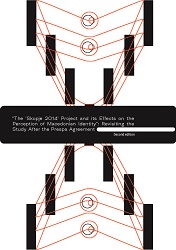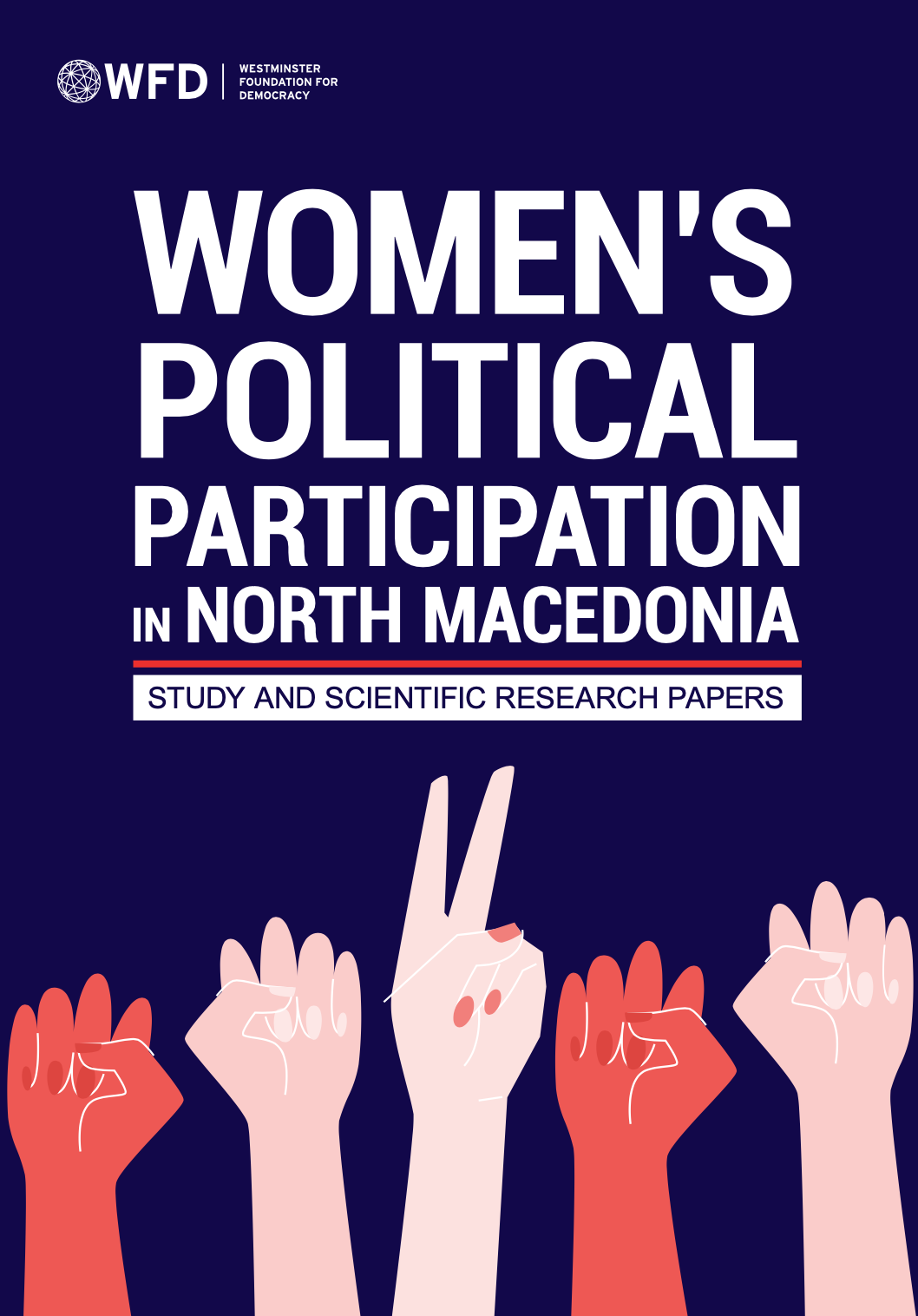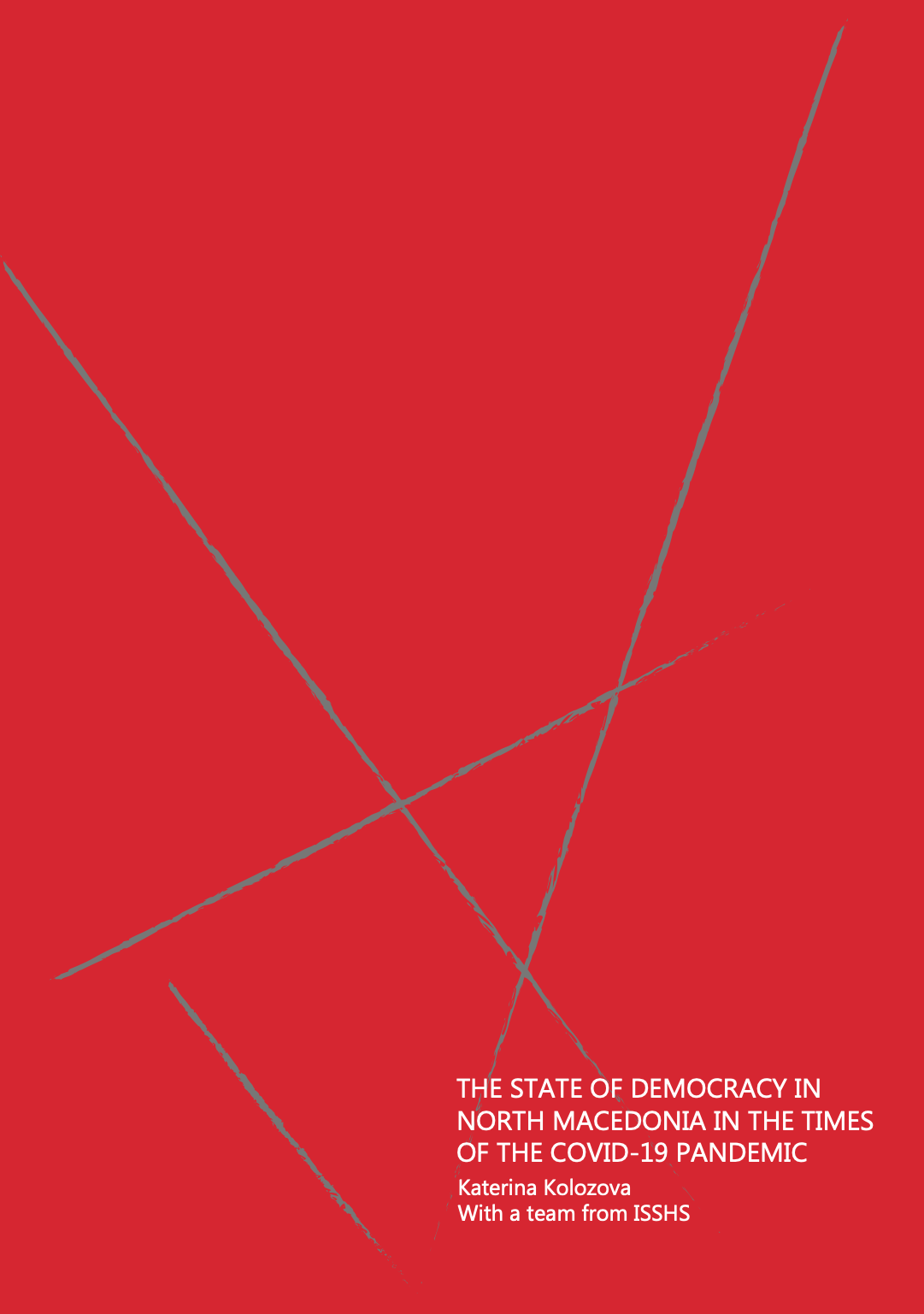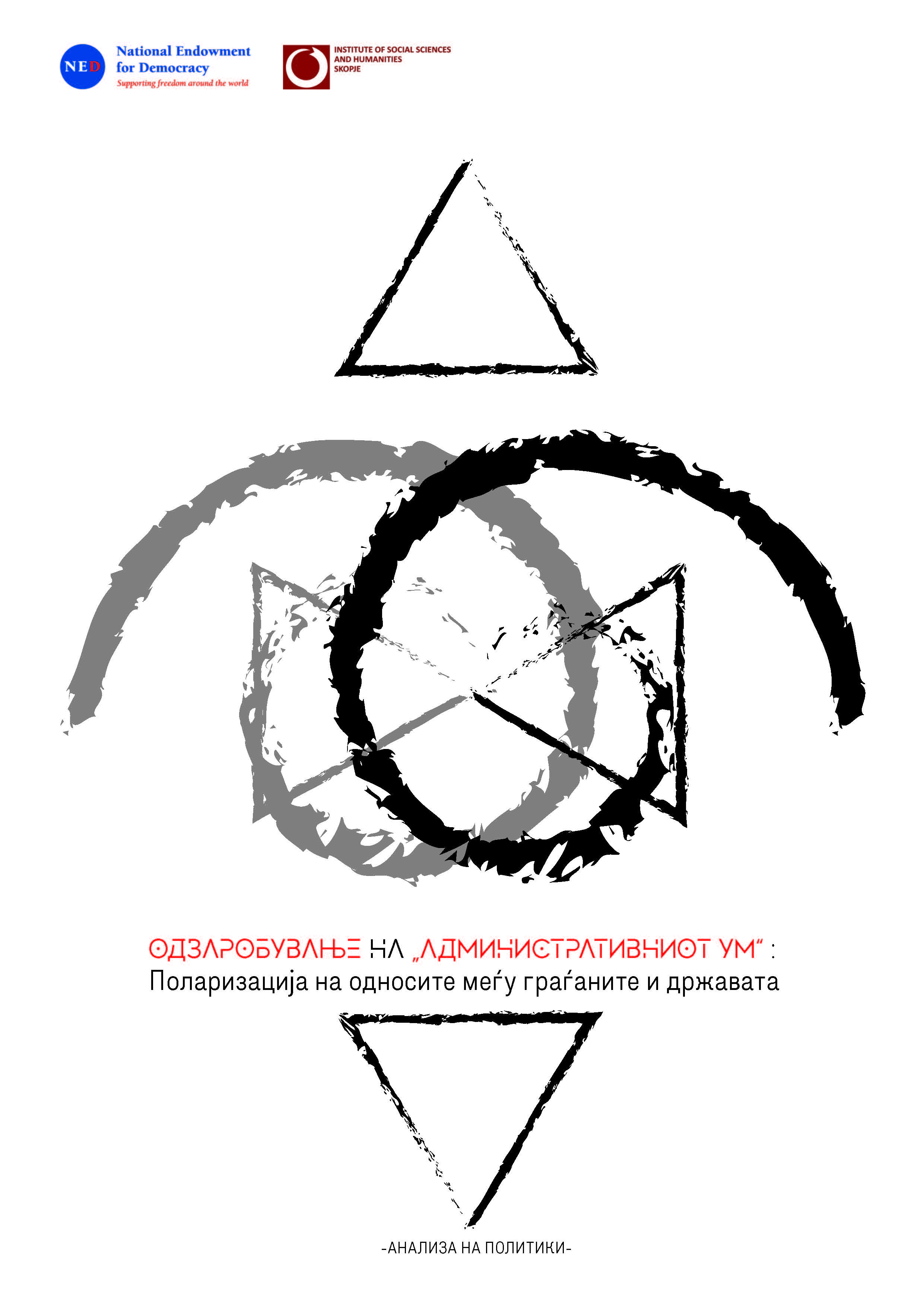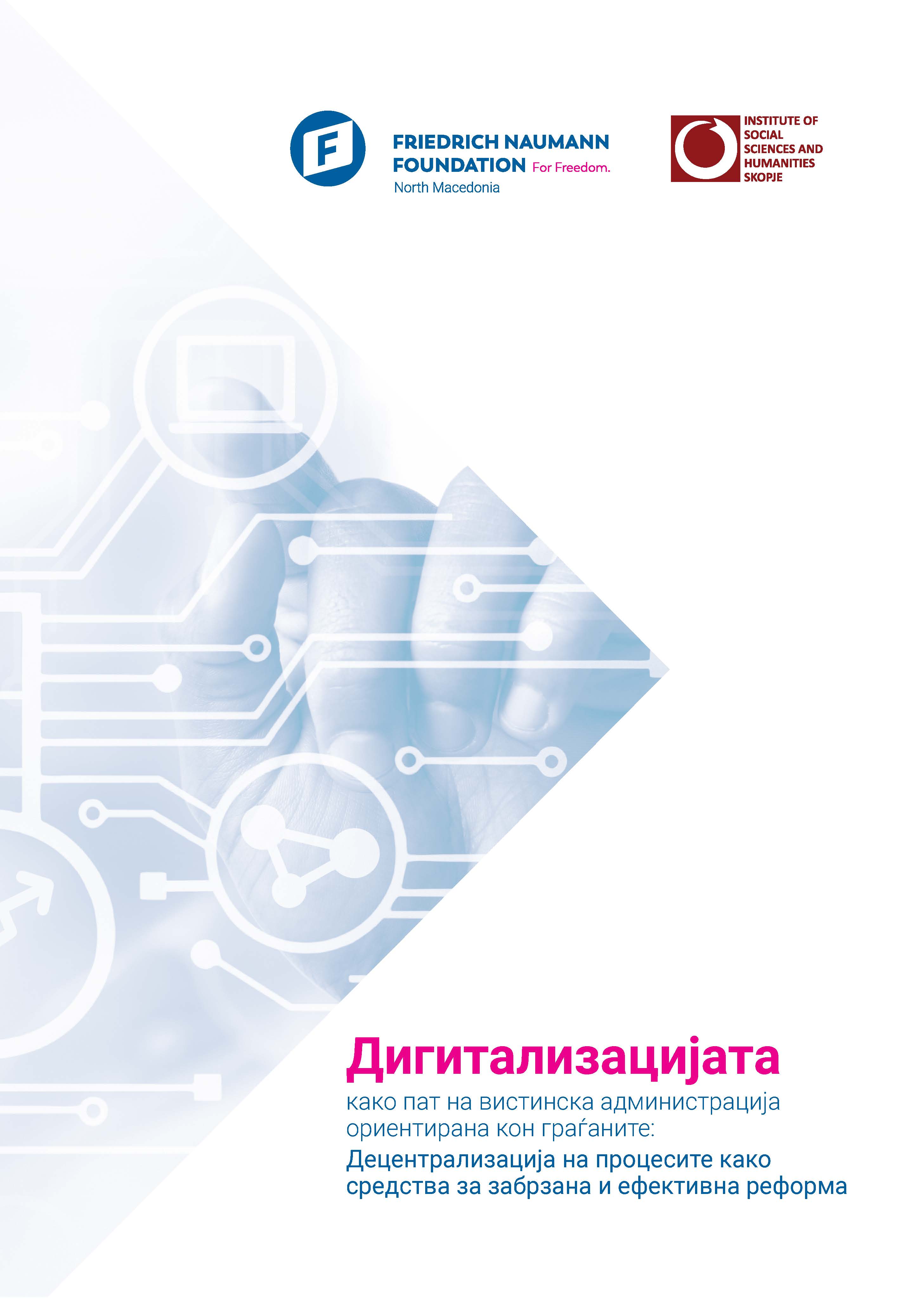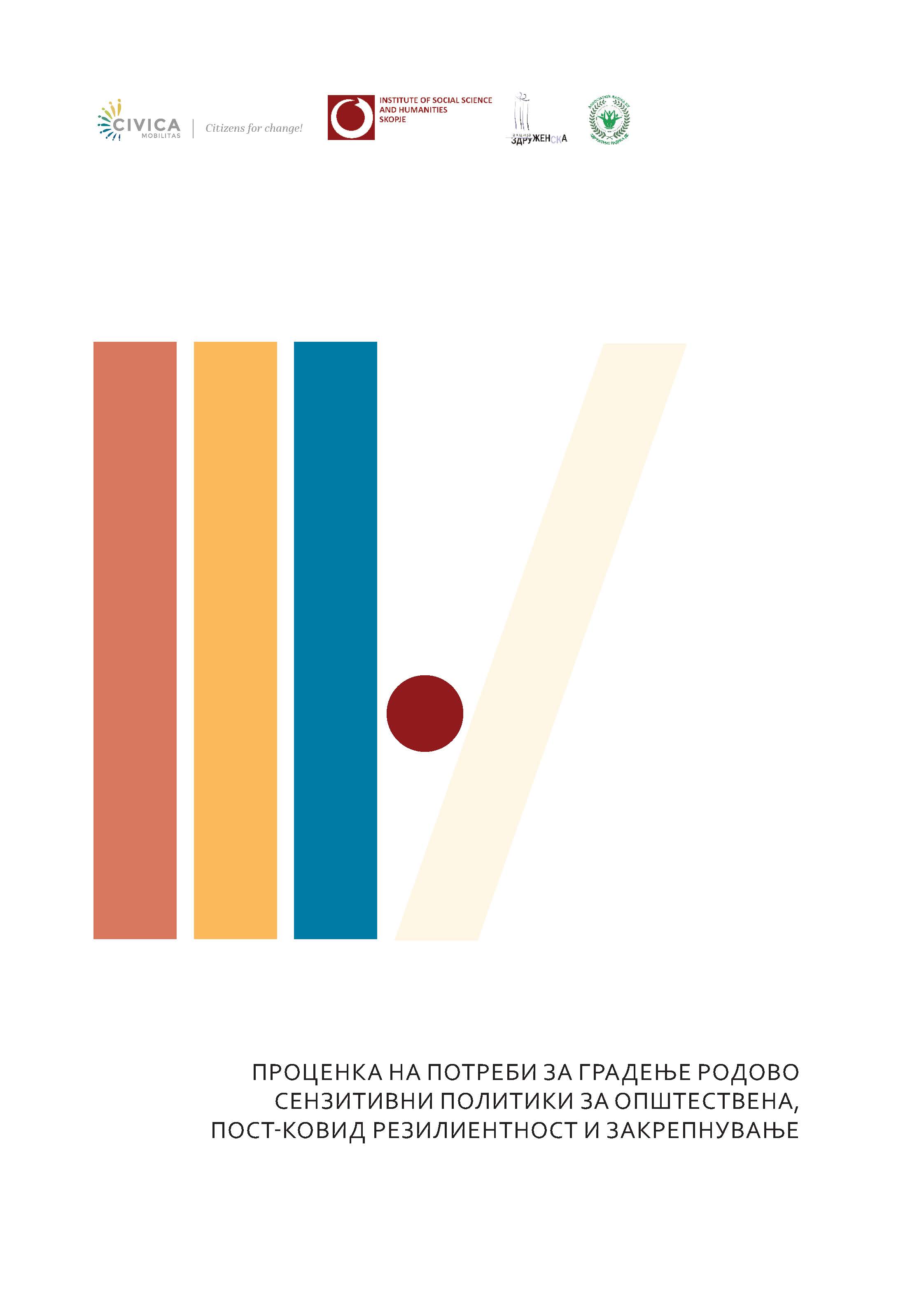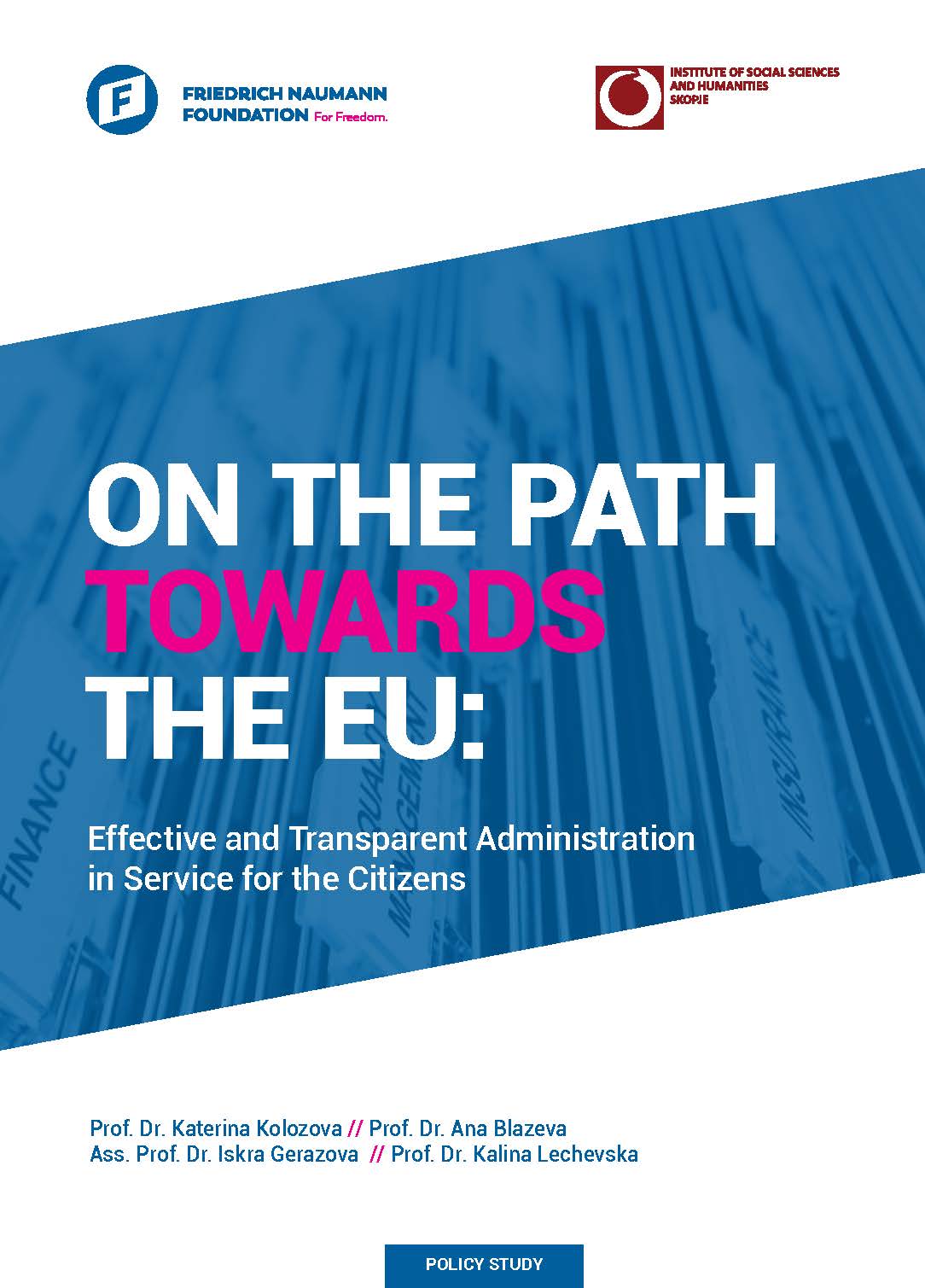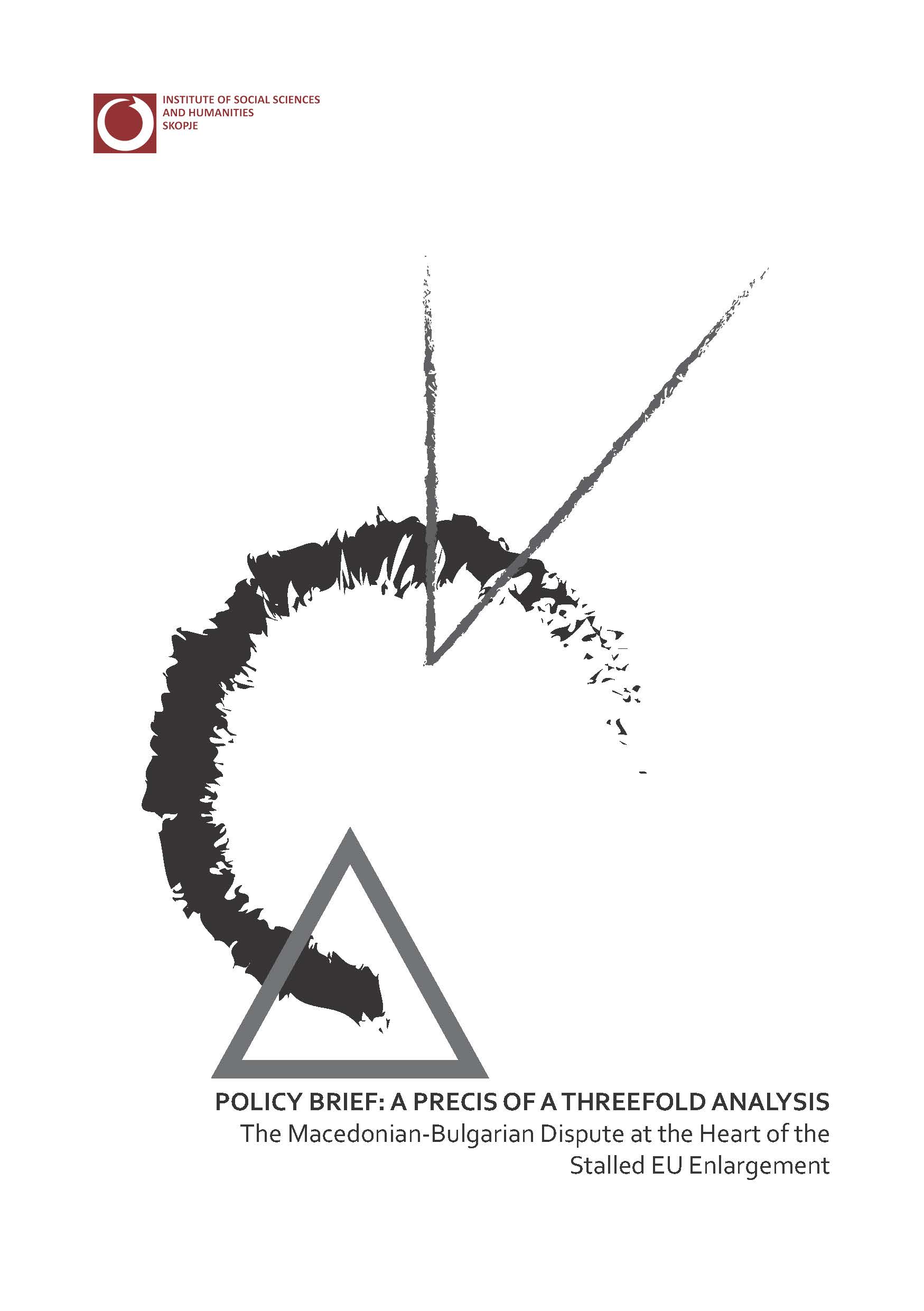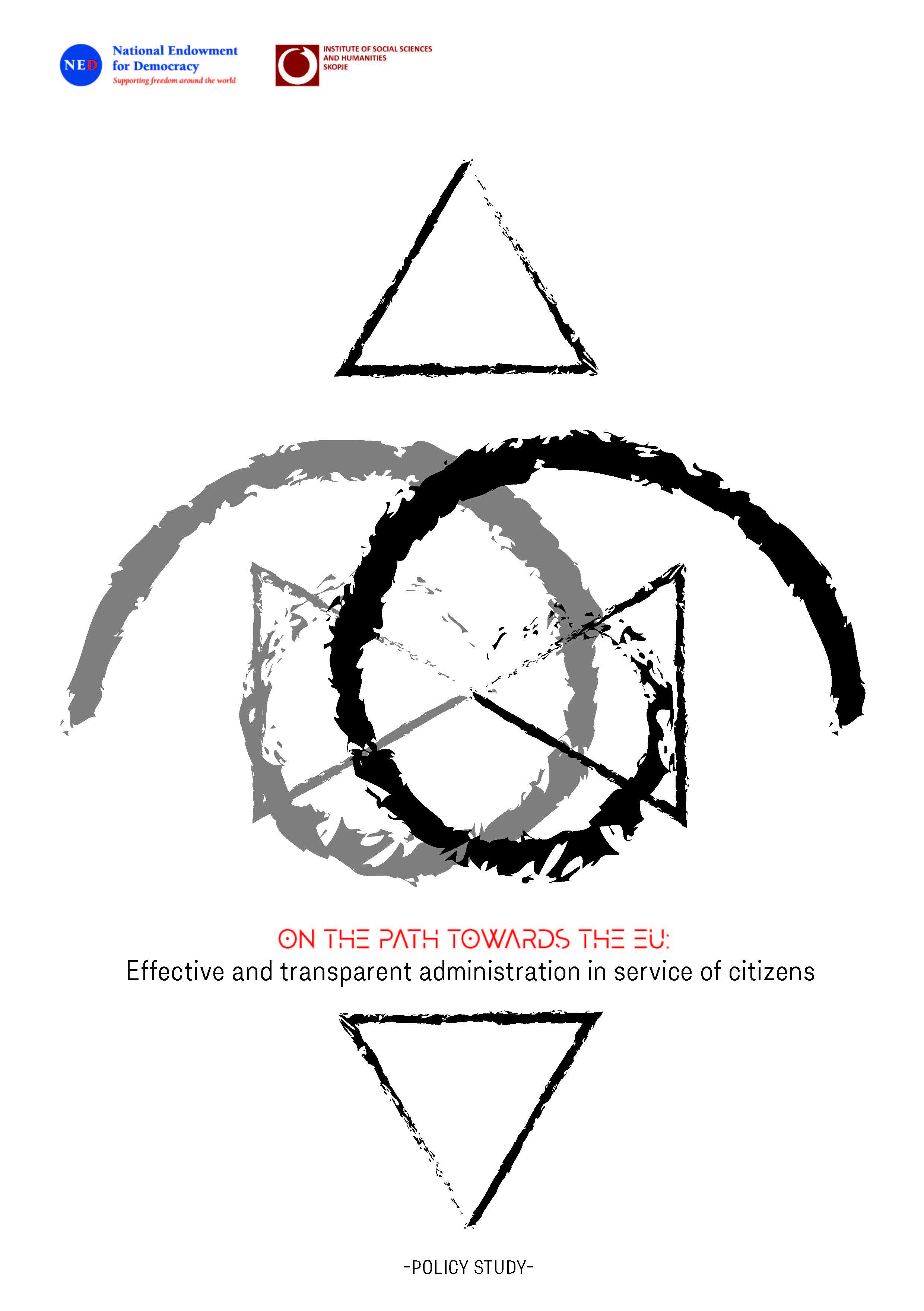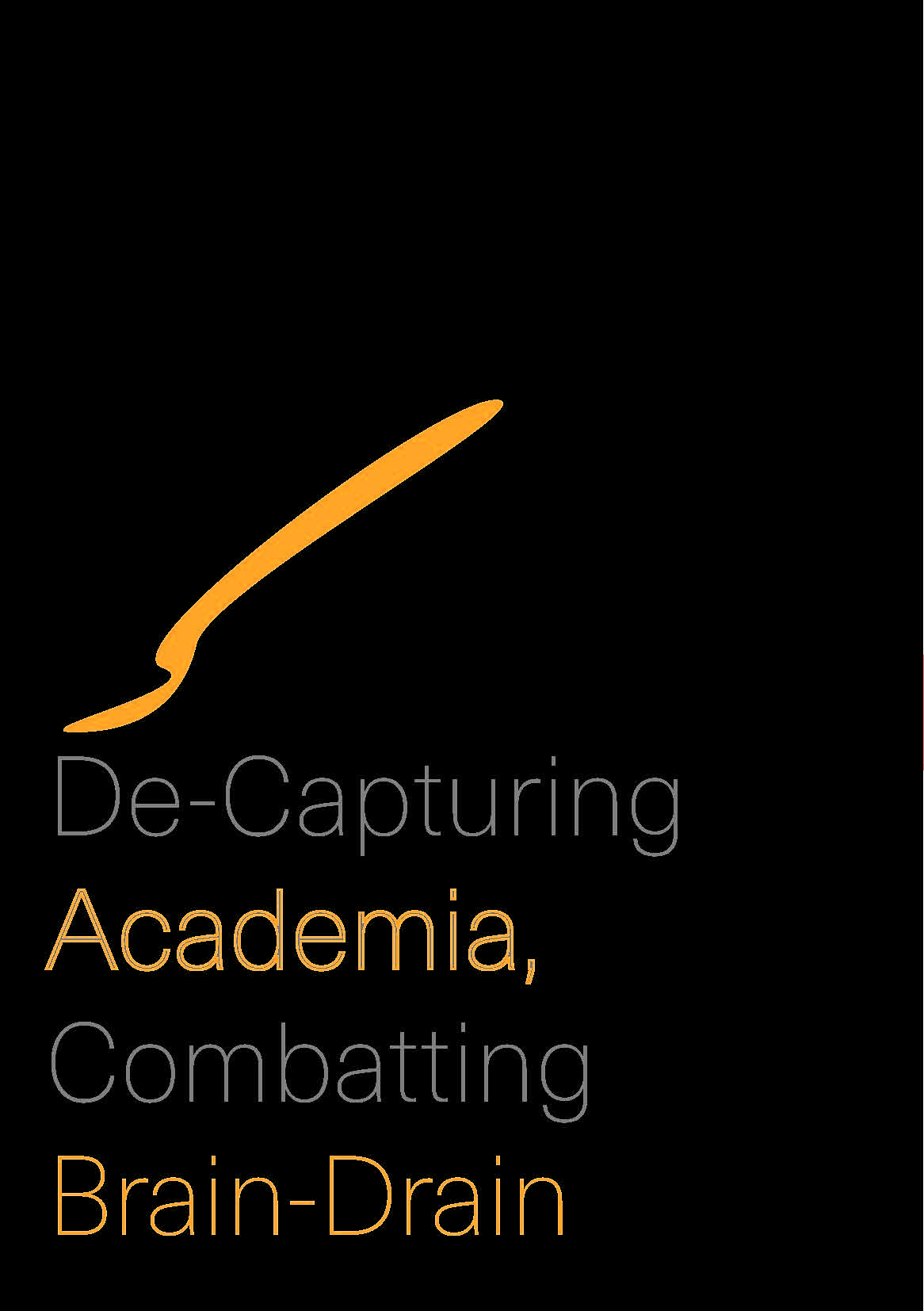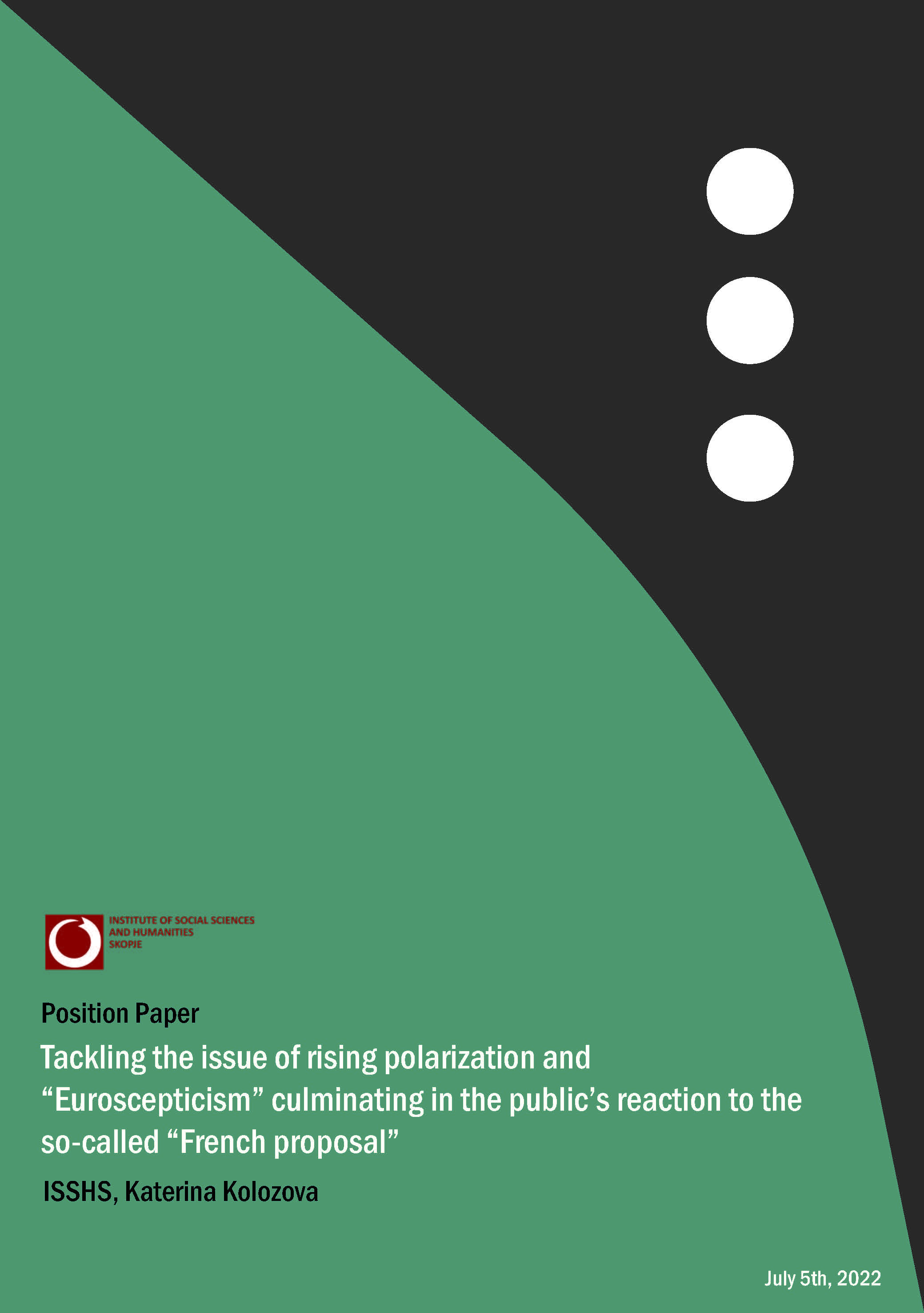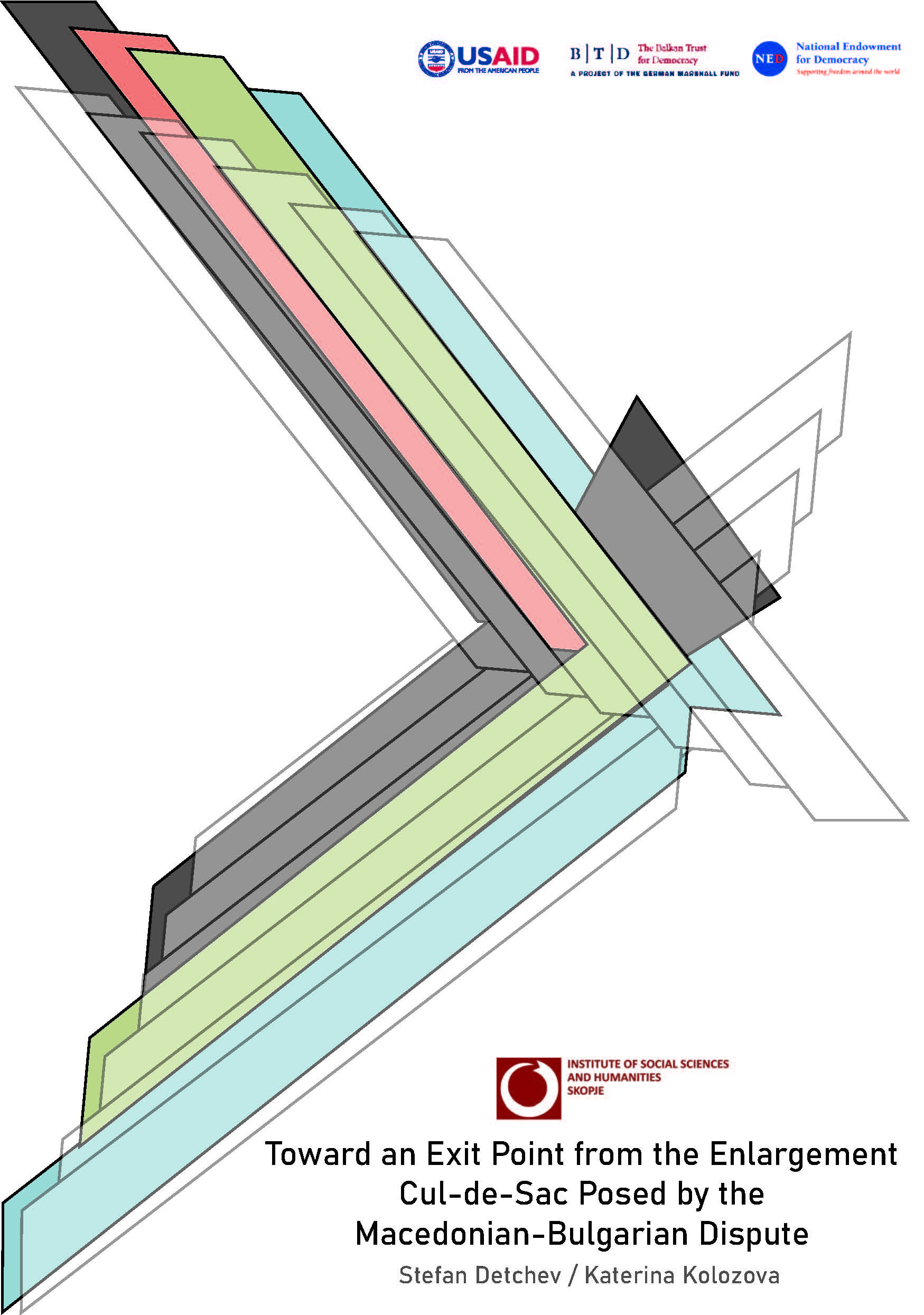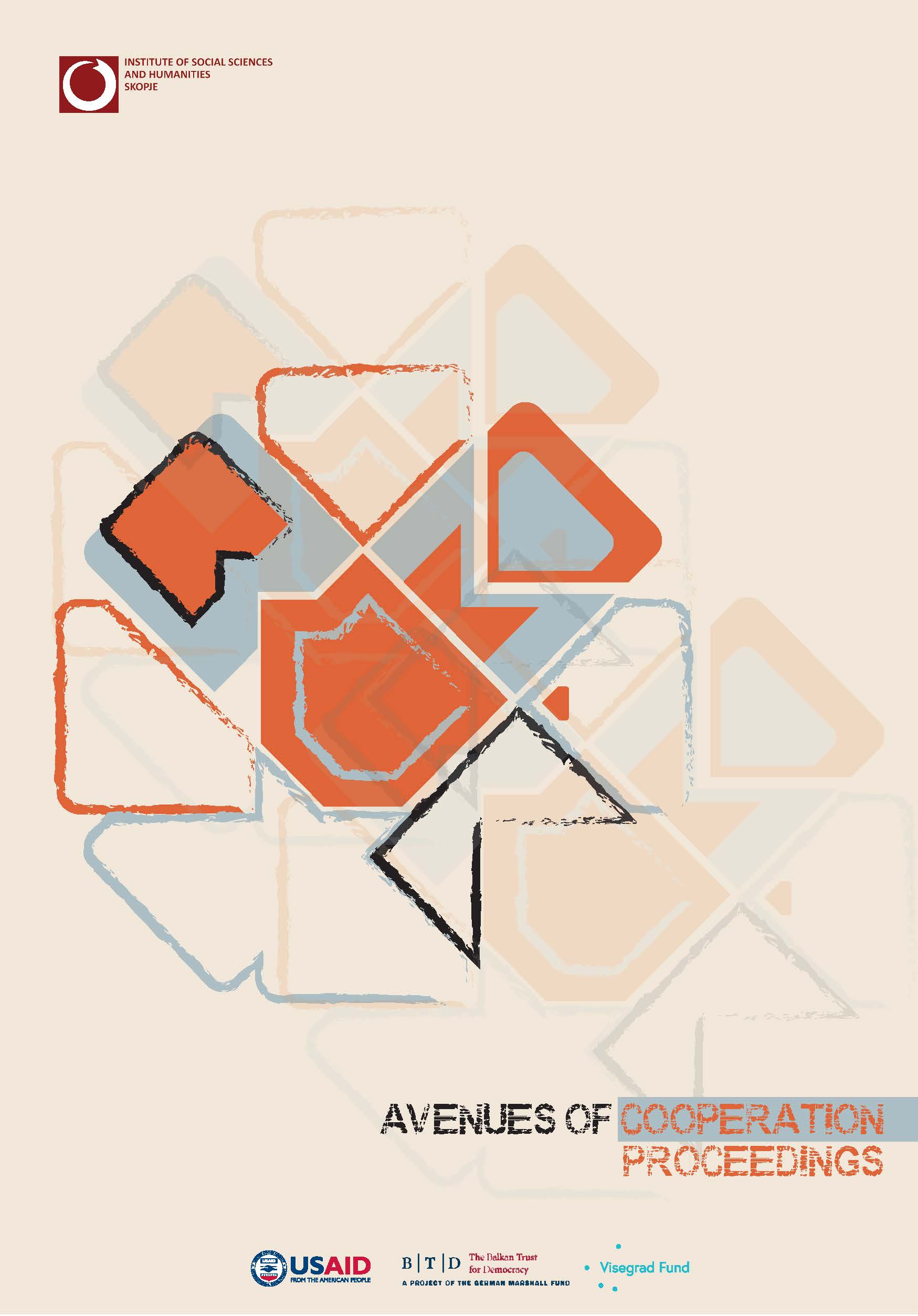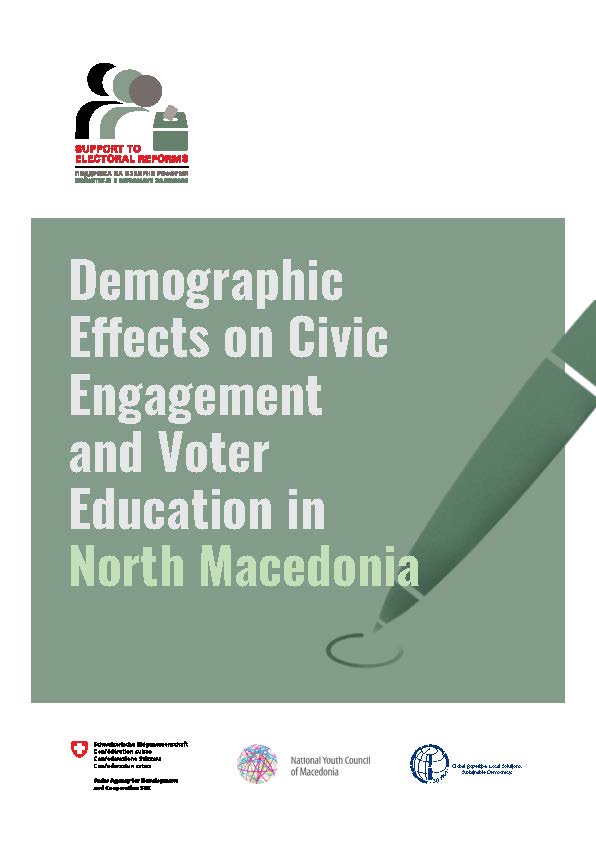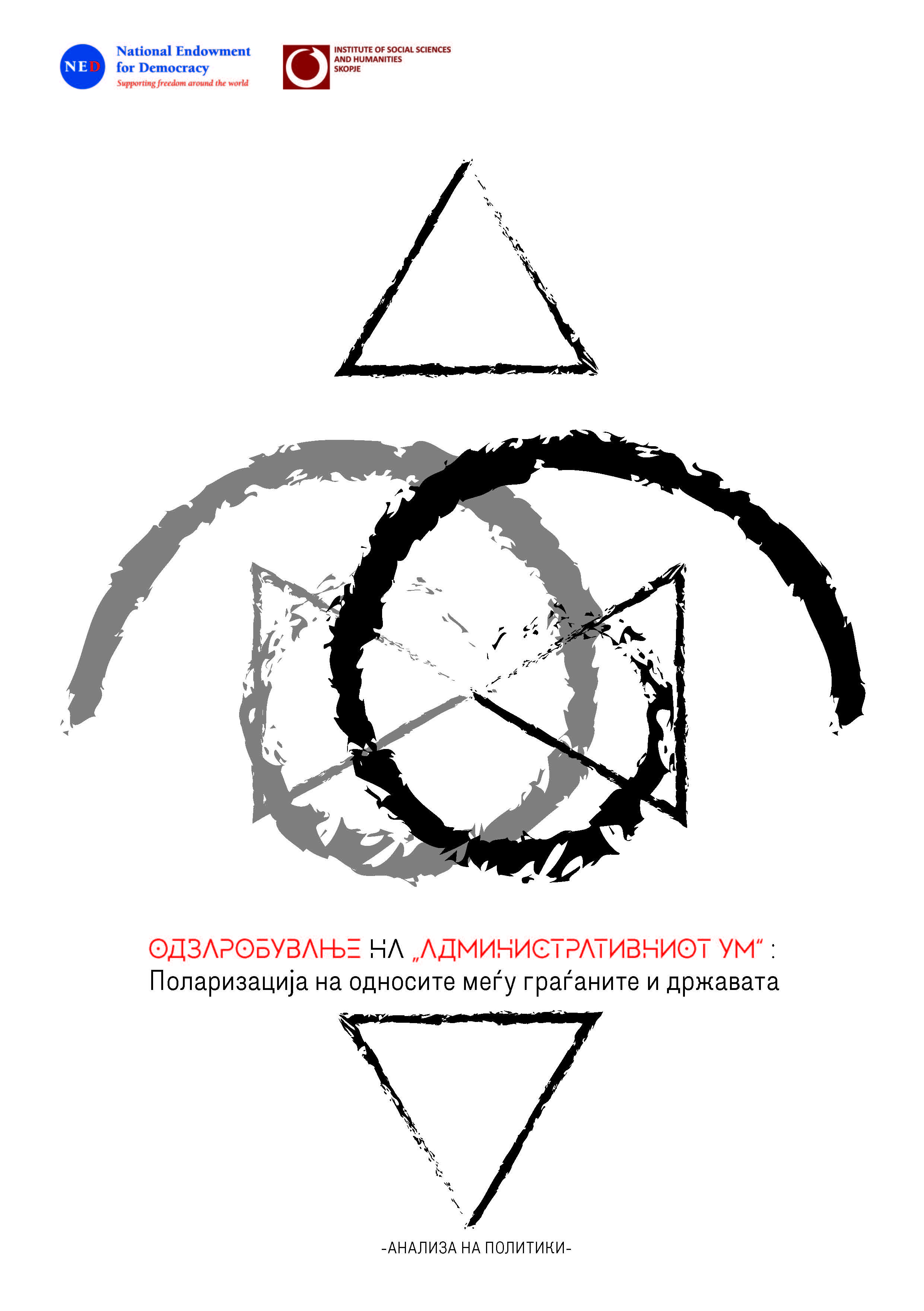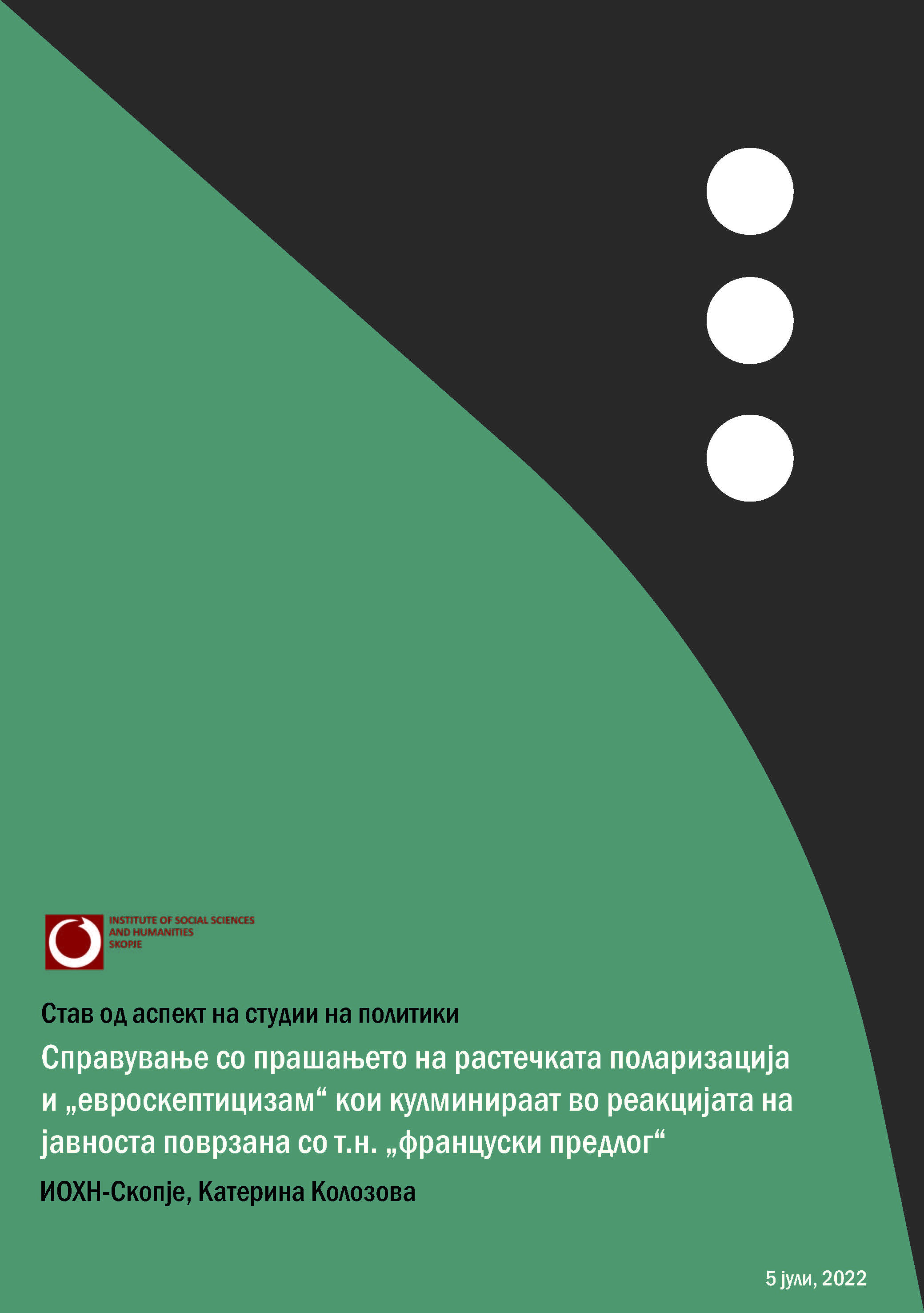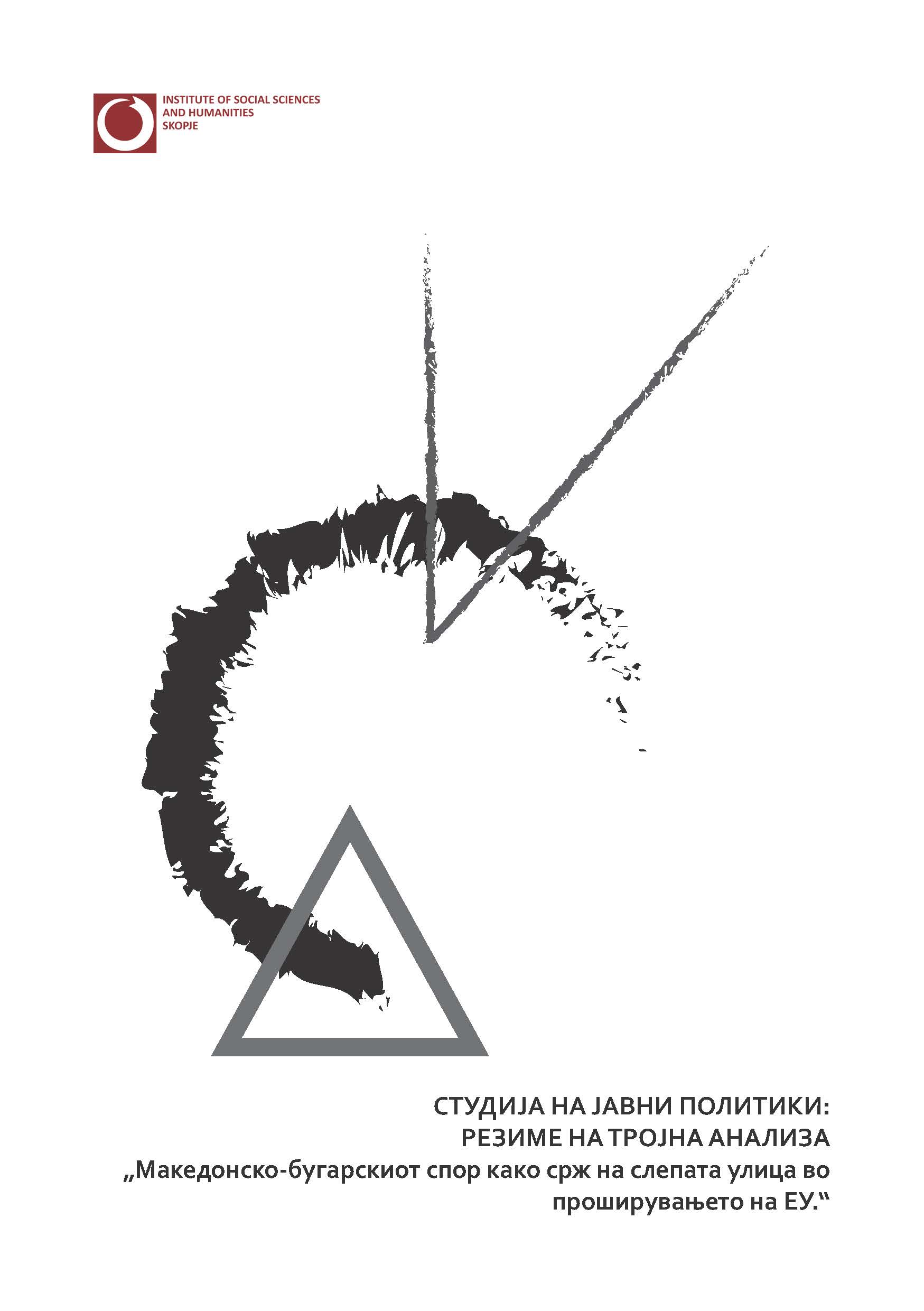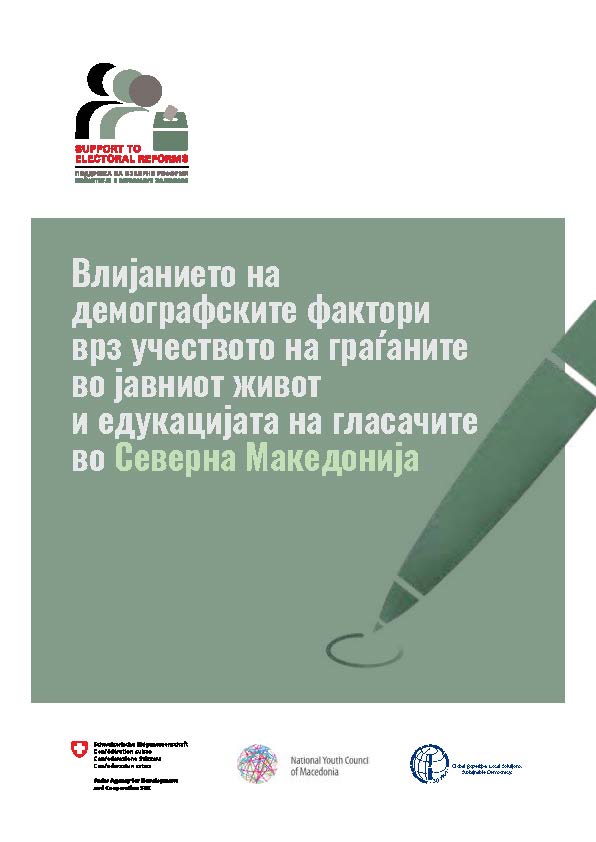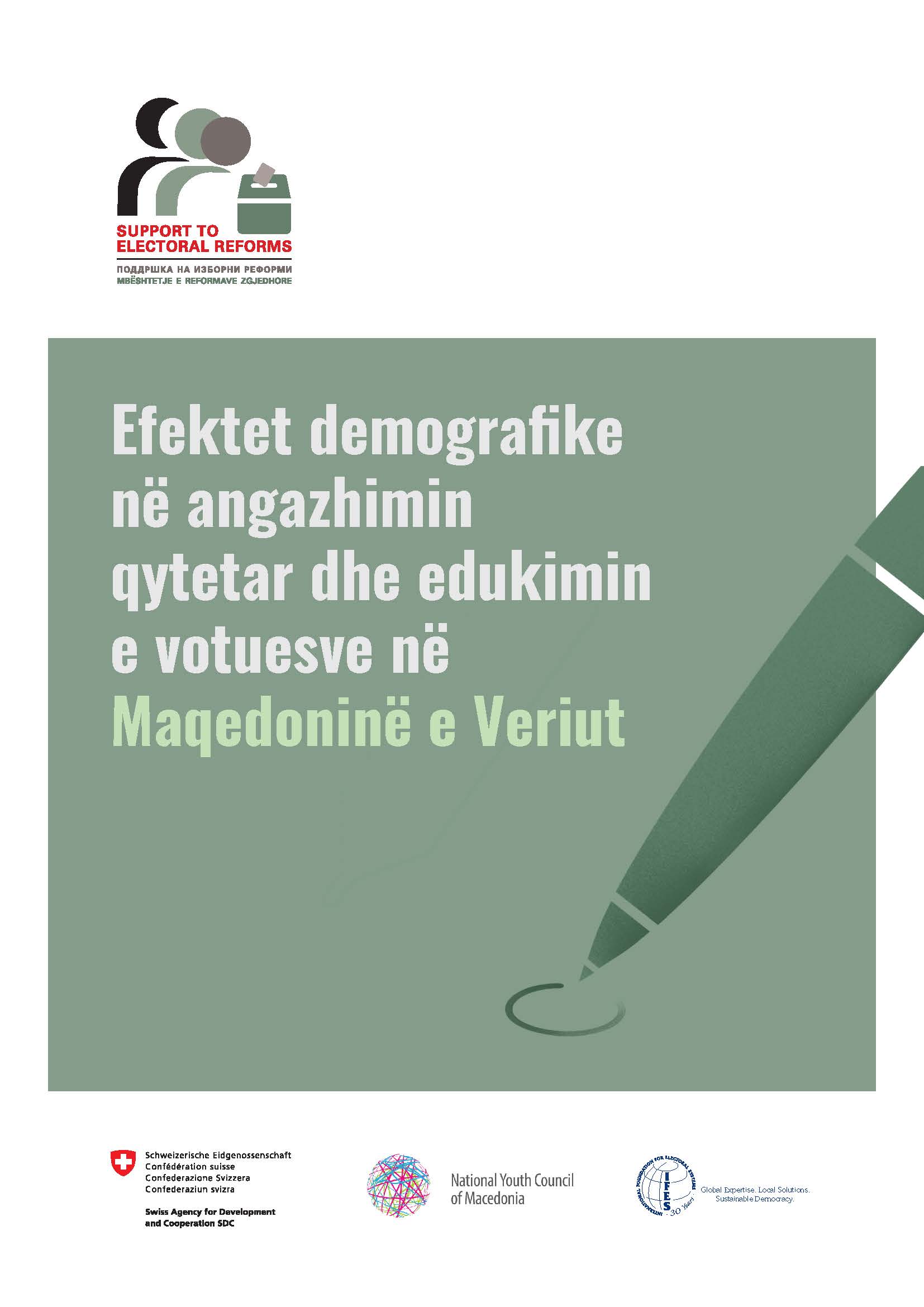
Identities: Journal for Politics, Gender and Culture
Identities: Journal for Politics, Gender and Culture
Identities: Journal for Politics, Gender and Culture
ISSN 1409-9268 (print)
ISSN 1857-8616 (online)
Identities: Journal for Politics, Gender and Culture is an open-access peer-reviewed international journal that seeks to serve as a platform for the theoretical production of Southeastern Europe and enable its visibility and an opening for international debate with authors from both the “intellectual centers” and the “intellectual margins” of the world. It is particularly interested in promoting theoretical investigations which see issues of politics, gender and culture as inextricably interrelated. It is open to all theoretical strands, to all schools and non-schools of thought without prioritizing any of the canonical Masters of philosophy. It does not seek doctrinal consistency, but it seeks consistency in rigor of investigation which can combine frameworks of interpretation derived from various and sometimes opposed schools of thought. Our passion is one for topics rather than philosophical masters.
Identities: Journal for Politics, Gender and Culture was founded in 2001 by Katerina Kolozova and Žarko Trajanoski, as a project supported by the Swedish Foundation Kvinna till Kvinna, carried out by the Research Center for Gender Studies which functioned as autonomous project of the OSI within the framework of the International Center for European Culture - Euro-Balkan. In the year 2007 it continued to be published by Euro-Balkan Press. After a hiatus of almost two years, the founders have decided to continue the publication of the journal with a new publisher - the Institute of Social Sciences and Humanities - Skopje.
Identities is generally published once a year, releasing two numbers in a single volume.
Identities is published in Skopje, Macedonia, by the Institute of Social Sciences and Humanities – Skopje.
EXECUTIVE EDITORS AND FOUNDERS
Katerina Kolozova, Institute of Social Sciences and Humanities - Skopje
Žarko Trajanoski, Independent Researcher
EDITORIAL MANAGER
Stanimir Panayotov, Institute of Social Sciences and Humanities - Skopje
stanimir.panayotov@isshs.edu.mk
EDITORIAL ASSISTANT
Risto Aleksovski, Institute of Social Sciences and Humanities - Skopje
risto.aleksovski@isshs.edu.mk
ADVISORY BOARD
Senka Anastasova, Institute of Social Sciences and Humanities - Skopje, Macedonia
Rosi Braidotti, Utrecht University, Utrecht, Netherlands
Judith Butler, University of California, Berkeley, California, USA
Joan Copjec, Brown University, Providence, Rhode Island, USA
Creston Davis, Global Center for Advanced Studies, Dublin, Ireland
Akis Gavrillidis, University of Macedonia in Thessaloniki, Greece
Marina Gržinić, Slovenian Academy of Science and Art, Ljubljana, Slovenia
Jack Halberstam, University of Southern California, Los Angeles, California, USA
Dona Kolar-Panov, International Balkan University, Skopje, Macedonia
François Laruelle, Paris Nanterre University, Paris, France
Miglena Nikolchina, Sofia University, Sofia, Bulgaria
Artan Sadiku, Independent Researcher, Skopje, Macedonia/Tirana, Albania
Svetlana Slapšak, Institute for Balkan and Mediterranean Studies and Cultures, Ljubljana, Slovenia
FORMER ADVISORY BOARD MEMBERS
Ghislaine Glasson Deschaumes, Transeuropéennes, Paris, France
Elizabeth Grosz, State University of New York at Bufalo, New York, USA
Péter Krasztev, Central European University, Budapest, Hungary
Hanne Loreck, Humboldt University, Berlin, Germany
Vladimir Milčin, University of Skopje, Macedonia
Žarana Papić, University of Belgrade, Serbia †
FORMER EDITORIAL OFFICE STAFF
Dušica Dimitrovska, former executive editor and editorial manager (2001-2011)
Artan Sadiku, former editorial manager (2013-2016)
Jordan Šišovski, former editorial assistant (2013-2016)
Despina Angelovska, former editorial assistant
Ljupka Simonovska, former editorial assistant
Ana Mukoska, former editorial assistant
Dragana Karovska, former editorial intern
Vesna Krstevska, former editorial intern
FORMER EDITORIAL OFFICE MEMBERS
Jasna Koteska
Despina Angelovska
Elizabeta Šeleva
Katica Kulavkova
Bobi Badarevski
Maja Bojadzievska
EDITORIAL OFFICE
Address: Street “20 Oktomvri”
nr. 8, second floor
1000 Skopje, Macedonia
Phone/Fax: +389 2 3113 059
Email: info@identitiesjournal.edu.mk
identitiesjournal.edu.mk
More...
